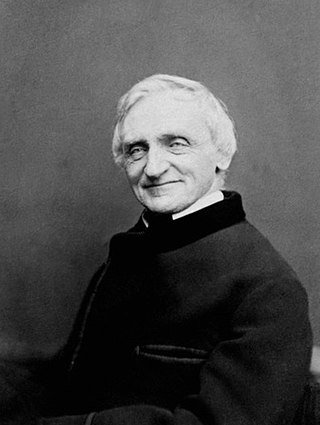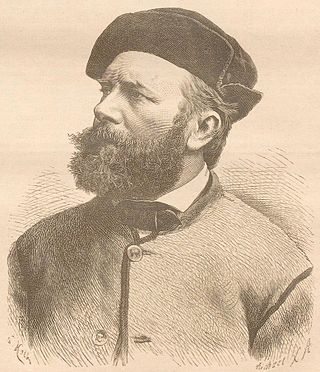Biography
Friedrich Siemens was the eleventh child of Christian Ferdinand Siemens (1787–1840) and his wife Eleonore Henriette Deichmann (1792–1839). His parents died when Siemens was young, and he grew up with an uncle.
Siemens married Elise Witthauer. The couple had six children: Walter (21 December 1864 - 19 January 1883), Lisbet (4 March 1866 - 24 April 1947 in Dresden), Marie (29 October 1868 - 16 March 1875), Friedrich Carl Siemens (6 January 1877 - 25 June 1952), Werner Ferdinand Siemens (29 September 1880 - 25 September 1915), and Wilhelm (Willi) Otto (7 August 1882 - 21 December 1945 in Dresden).
In his younger years, Siemens came to England. There he worked for the company of his brother Werner von Siemens. In 1856, Siemens established his own company Friedrich Siemens Industrieofenbau in Dresden.
Siemens died in Dresden in 1904. His grave is located in the New Annenfriedhof in Dresden-Löbtau. The grave figure was created by the sculptor Johannes Schilling.

Ernst Werner Siemens was a German electrical engineer, inventor and industrialist. Siemens's name has been adopted as the SI unit of electrical conductance, the siemens. He founded the electrical and telecommunications conglomerate Siemens and invented the electric tram, trolley bus, electric locomotive and electric elevator.

John was King of Saxony from 9 August 1854 until his death in 1873. He was a member of the House of Wettin. During his reign, Saxony became a part of the German Empire.

Georg Wilhelm von Siemens was a German telecommunications industrialist of the Siemens family.

Siemens Brothers and Company Limited was an electrical engineering design and manufacturing business in London, England. It was first established as a branch in 1858 by a brother of the founder of the German electrical engineering firm Siemens & Halske. The principal works were at Woolwich where cables and light-current electrical apparatus were produced from 1863 until 1968. The site between the Thames Barrier and Woolwich Dockyard has retained several buildings of historic interest. New works were built at Stafford in 1903 and Dalston in 1908.

Eduard Julius Friedrich Bendemann was a German-Jewish painter.

William, Duke of Brunswick, was ruling duke of the Duchy of Brunswick from 1830 until his death.

Carl Heinrich von Siemens was a German entrepreneur.

Franz Gerhard von Kügelgen was a German painter, noted for his portraits and history paintings. He was a professor at the Dresden Academy of Fine Arts and a member of both the Prussian and Russian Imperial Academies of Arts. His twin brother, Karl von Kügelgen, was also a painter of note.

Karl Ferdinand Sohn was a German painter of the Düsseldorf school of painting.
August Wilhelm Julius Ahlborn was a German landscape painter.

Alexander Friedrich Wilhelm Duncker was a German publisher and bookseller.

Carl Wilhelm Götzloff was a German painter.

Carl Conrad Albert Wolff was a German sculptor, and medallist.

Major-general Friedrich Otto Gebhard von Kielmansegg was a German soldier and officer in the service of the Kingdom of Hanover who fought during the Waterloo Campaign.

The Siemens family is the name of a German noble family, family of technology and telecommunications industrialists, whose members were founders and to the present day the largest shareholders of Siemens AG. The family have a wealth of over €8 billion, making them the 5th richest family in Germany, according to Handelsblatt.
Events in the year 1844 in Germany.

Christian Ferdinand Hartmann was a German portrait and Classical history painter.

Heinrich Olivier was a German painter, illustrator and graphic artist.
Events from the year 1816 in Germany.

Friedrich Geselschap was a German history painter, in the Classical style.
This page is based on this
Wikipedia article Text is available under the
CC BY-SA 4.0 license; additional terms may apply.
Images, videos and audio are available under their respective licenses.


















